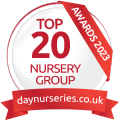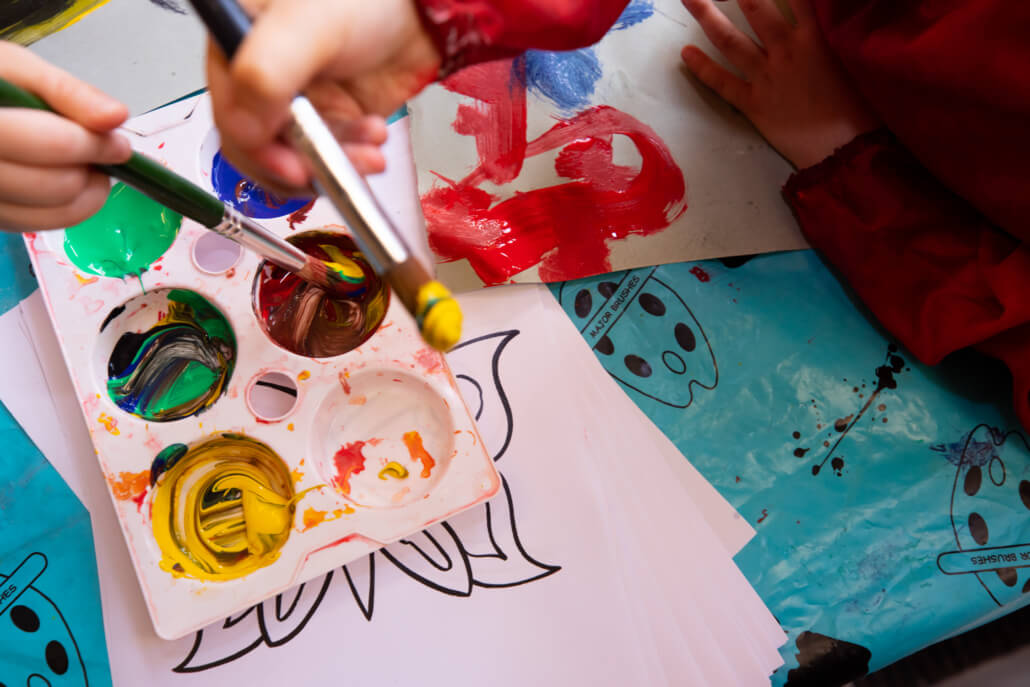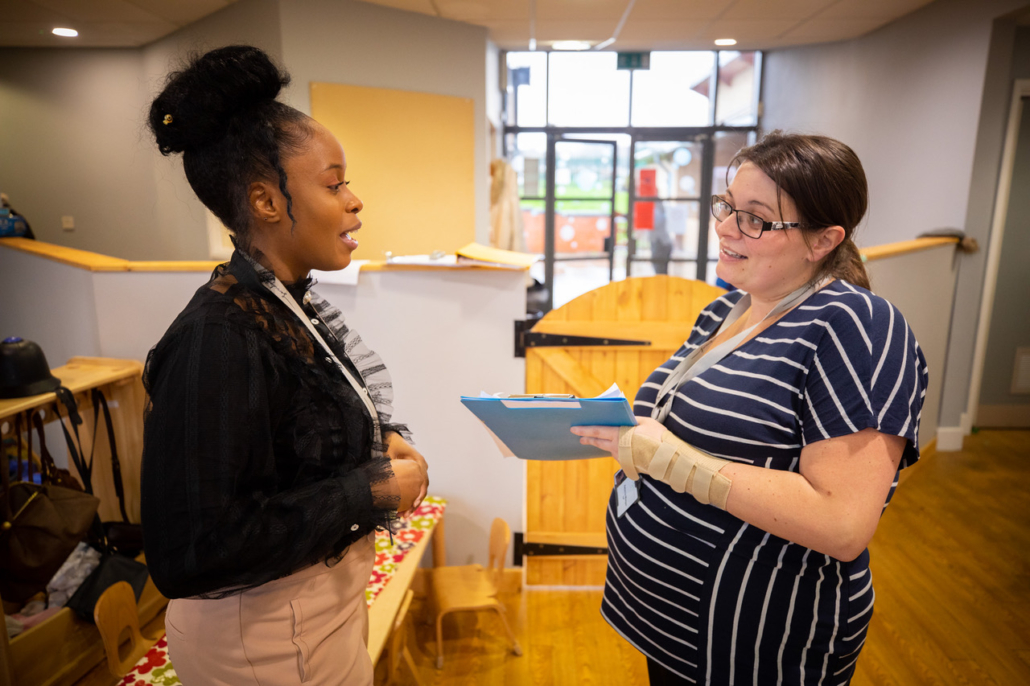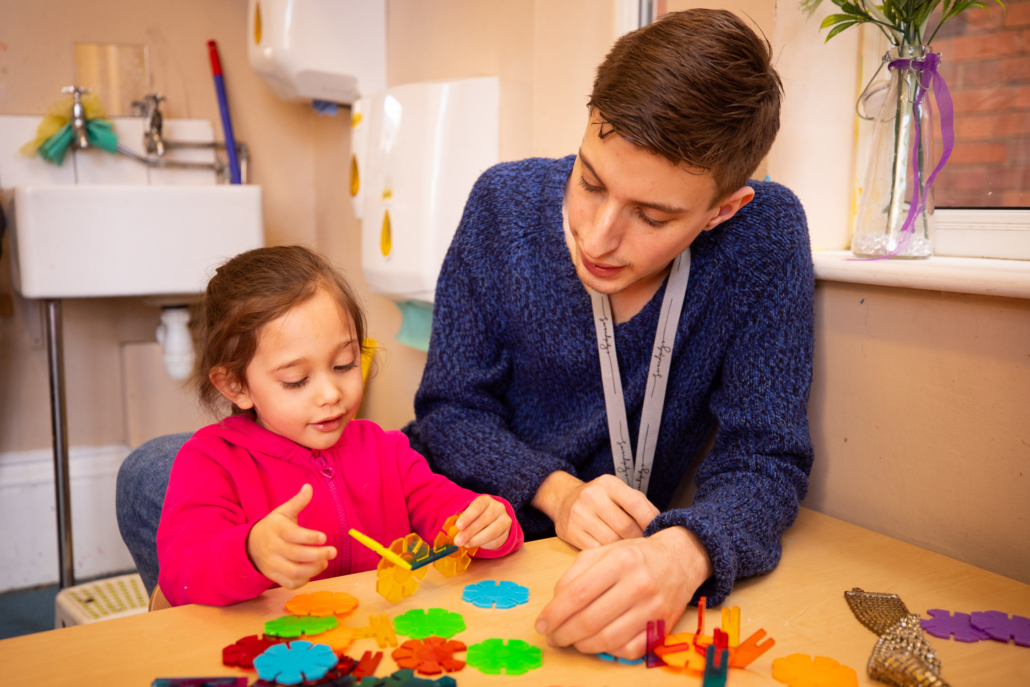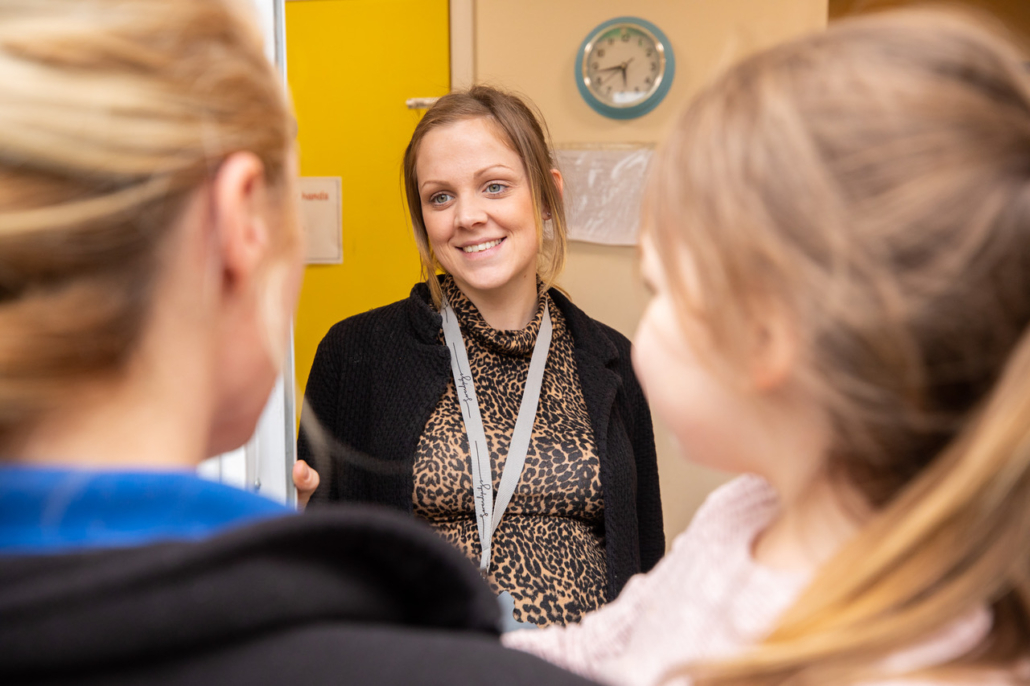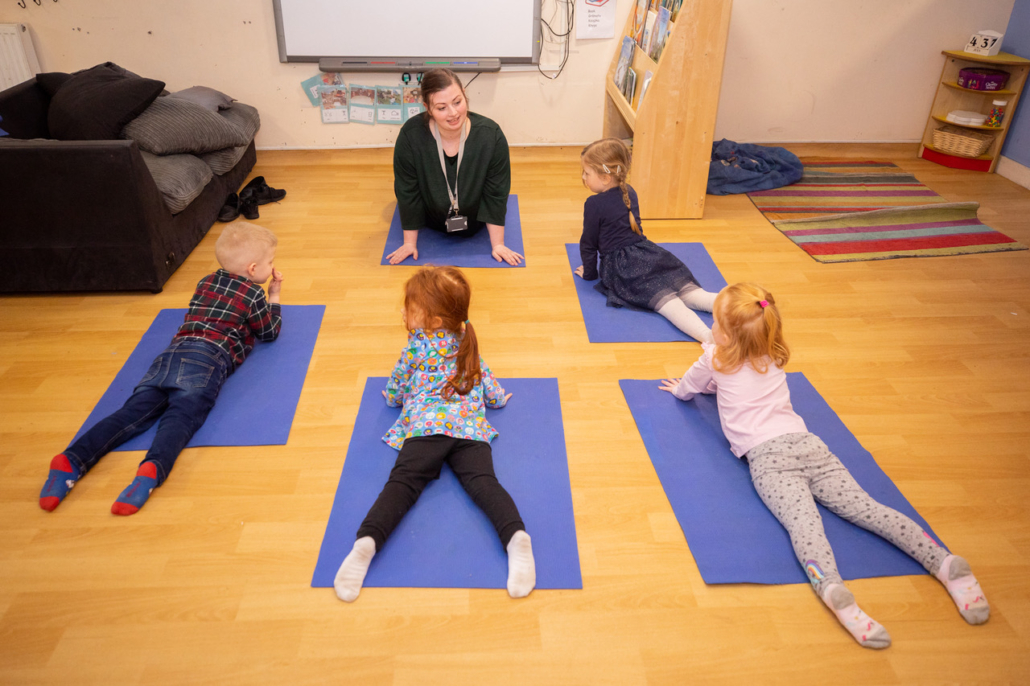Settling in at Serendipitys
Once you have received your confirmation of a nursery place for your child, settling in visits will be arranged at your convenience to ensure a smooth transition into nursery life.
We offer as many visits as necessary for both parents and children to feel happy and secure.
We understand how difficult it is leaving your child in someone else’s care, so please remember you can call the nursery at any time to check on your child.
During your child’s first visit, you will need to complete detailed information forms to ensure that we are aware of individual routines so that we can meet your child’s needs.
The Serendipitys loving approach quickly settles even unsure little ones.
Parents’ Guide to the Early Years Foundation Stage Framework
The Government and early years professionals describe the time in your child’s life between birth and statutory school age (the term after their 5th Birthday), as the Early Years Foundation Stage.
Anyone caring for children in the early years age range, for over 2 hours a day, must register with OFSTED. OFSTED are then responsible for checking that everyone who is registered complies with legal requirements. The legal requirements are set out in the “Statutory Framework for the Early Years Foundation Stage”. This document sets the standards for learning, development and care for children who are in the early years age range. OFSTED also grade the quality of care and learning that settings are providing. All Serendipitys nurseries are currently graded as “Outstanding” or “Good”.
About the EYFS Framework?
The EYFS contains 3 sections.
The safeguarding and welfare section covers the steps that providers must take to keep children safe and promote their welfare.
The Assessment section describes the arrangements for measuring children’s developmental progress.
The learning and development section specifies the 7 areas of learning and development which must shape activities and experiences for children in all early years settings.
These 7 areas are:
- Personal, social and emotional development
- Communication and language
- Physical development
These 3 Areas are classed as the Prime Areas, they are particularly crucial for igniting children’s curiosity and enthusiasm for learning, and for building their capacity to learn, form relationships and thrive. They are the basis for successful learning in the other 4 “Specific” areas, which are:
- Literacy
- Mathematics
- Understanding the world
- Expressive arts and design
These 7 areas are considered to give children the broad range of knowledge and skills that provide the right foundation for good future progress through school, and through life.
Key Person
A key-person undertakes personal care routines for their key children and ensures that activities are planned to support children’s continued learning and development. Key persons also establish effective partnerships with parents in order to help ensure that there is a smooth transition between home and nursery and that information is shared on an ongoing basis. Your child’s key person will work with you make sure we are supporting your child to make the best progress possible and preparing them for their future learning and successes.
The role of the key person is to:
- Provide a consistent, friendly, secure, homely atmosphere for all children in their care.
- Build a positive relationship with their individual key children and their families.
- Develop a good knowledge of children’s needs and interests through observations and by sharing information with their parents & carers.
- Plan activities and resources that interest the children in their care and ensure that they are appropriately supported and challenged to make the best progress possible in their development.
- Keep up-to-date records on, and monitor the developmental progress of, their individual key children and talk to parents / carers about this on an ongoing basis.
- Ensure they remain fully up to date with current research and developments in Early Years practice and the legal framework.
- Work as part of a team, both within nursery and with other relevant professionals who are supporting their individual key children.
Parents as Partners
In order to ensure that there is a smooth transition for children between home and nursery, we encourage parents to become involved in all aspects of nursery life. During normal nursery hours, staff are always on hand for parents to talk to and discuss all areas of their children’s care and development. We understand that communication can be difficult for working parents and therefore extend opportunities to include out-of-hours events.
Parent Evenings
All parents attend our termly parent evenings. These evenings provide opportunities for parents and key persons to jointly reflect upon children’s progress and identify their next steps in learning. Parents and key persons also share ideas of how children’s ongoing progress can be supported through fun activities at home and with their family.
Social Events
We organise regular social events for parents. These are wide-ranging and organised in response to parental feedback regarding their needs and wishes. They include sessions within nursery hours, such as grand-parents tea parties; along with evening or week-end activities such as family fun days and community events.
